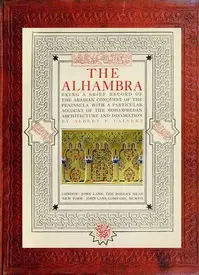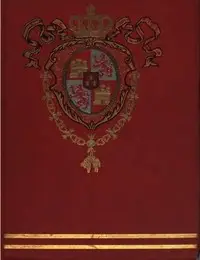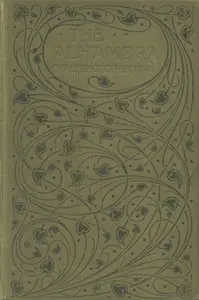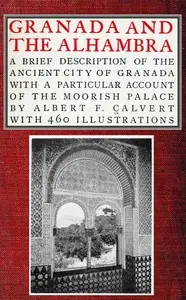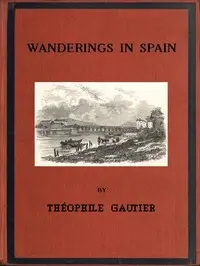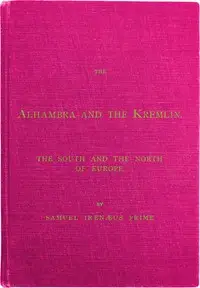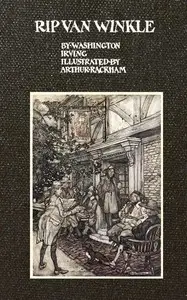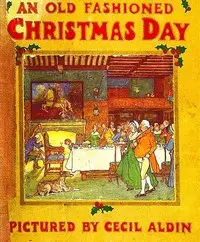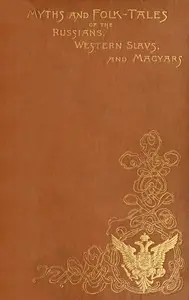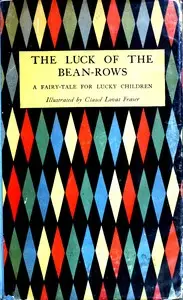"The Alhambra" by Washington Irving is a collection of stories set in the early 1800s, where the author uses observations and imaginative tales to capture the wonder of the Alhambra, an old Moorish palace in Spain. Irving combines his personal experiences with legends, painting a vivid picture of the palace's beauty, history, and the vibrant culture of the Spanish region. The story starts with Irving's trip to Granada, where he describes the rough Spanish landscape, highlighting local customs and the rustic charm of its people, but also warning travelers of the dangers of bandits. This journey sparks Irving’s fascination with the Alhambra, drawing readers into an exploration of its allure through stories and historical reflections.
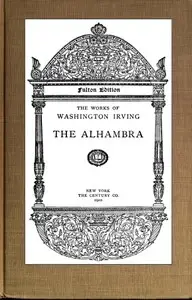
The Alhambra
By Washington Irving
Venture into a captivating Spanish palace filled with legends, travel, and historical charm as an author recounts his journey and discoveries.
Summary
About the AuthorWashington Irving was an American short-story writer, essayist, biographer, historian, and diplomat of the early 19th century. He wrote the short stories "Rip Van Winkle" (1819) and "The Legend of Sleepy Hollow" (1820), both of which appear in his collection The Sketch Book of Geoffrey Crayon, Gent. His historical works include biographies of Oliver Goldsmith, Muhammad, and George Washington, as well as several histories of 15th-century Spain that deal with subjects such as the Alhambra, Christopher Columbus, and the Moors. Irving served as American ambassador to Spain in the 1840s.
Washington Irving was an American short-story writer, essayist, biographer, historian, and diplomat of the early 19th century. He wrote the short stories "Rip Van Winkle" (1819) and "The Legend of Sleepy Hollow" (1820), both of which appear in his collection The Sketch Book of Geoffrey Crayon, Gent. His historical works include biographies of Oliver Goldsmith, Muhammad, and George Washington, as well as several histories of 15th-century Spain that deal with subjects such as the Alhambra, Christopher Columbus, and the Moors. Irving served as American ambassador to Spain in the 1840s.

